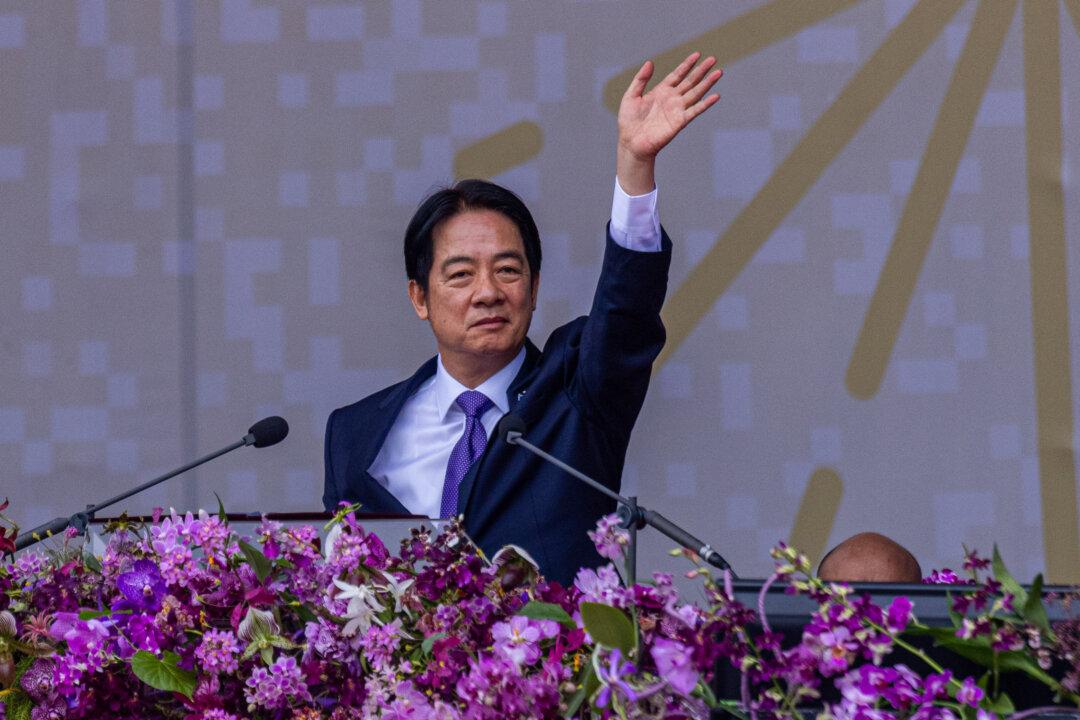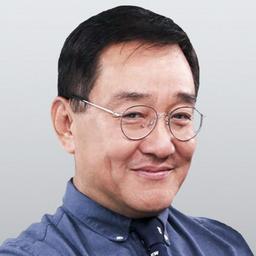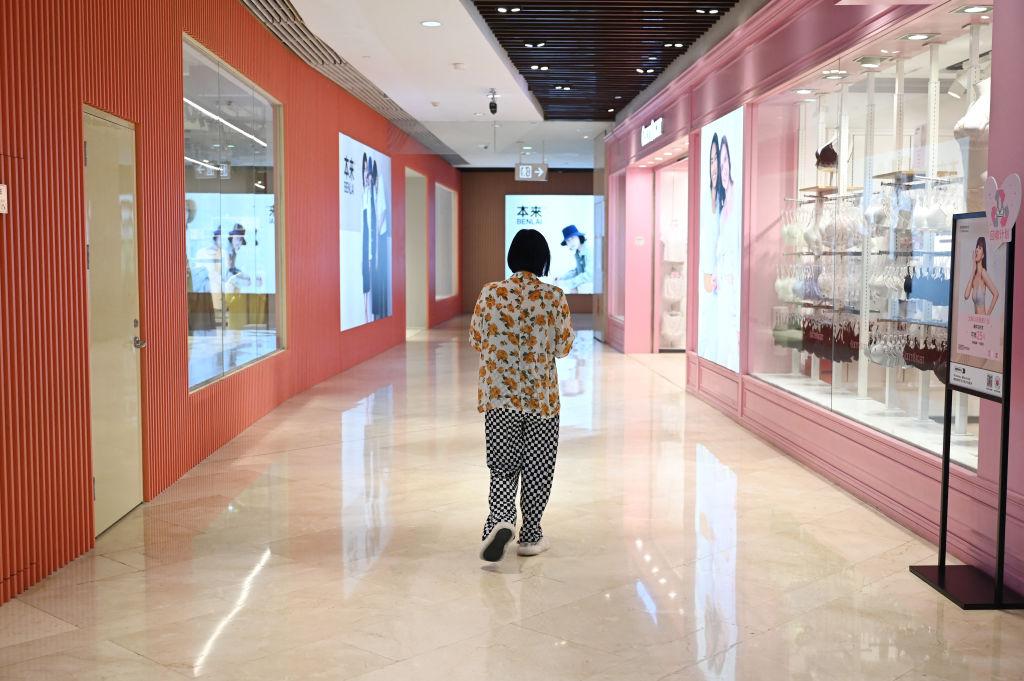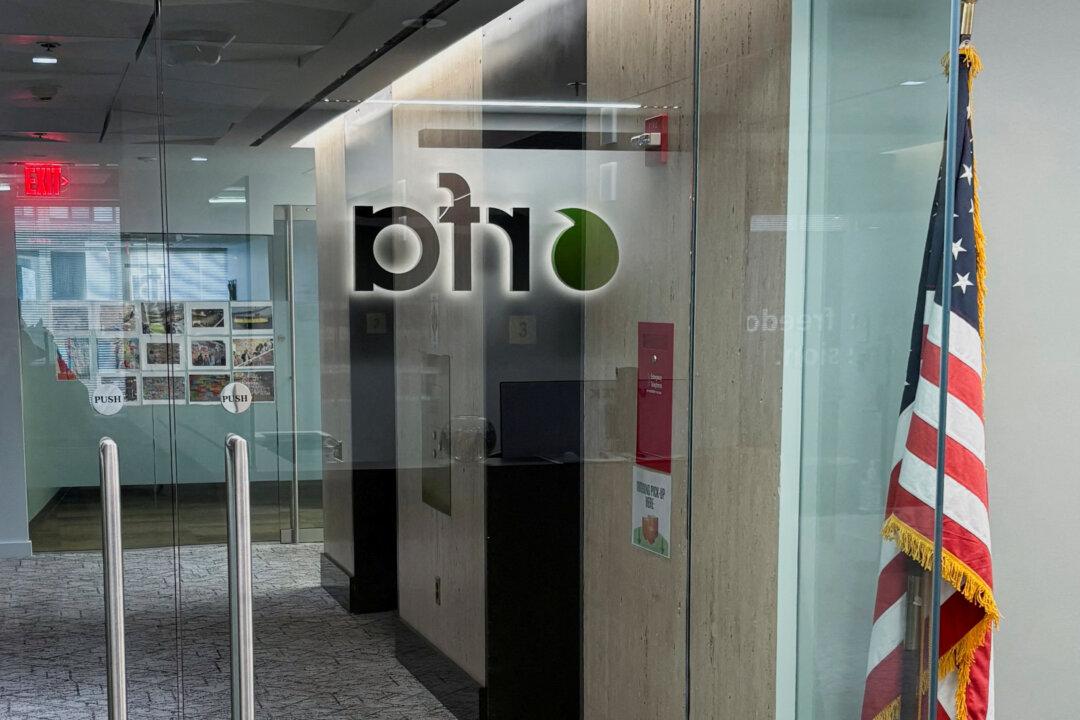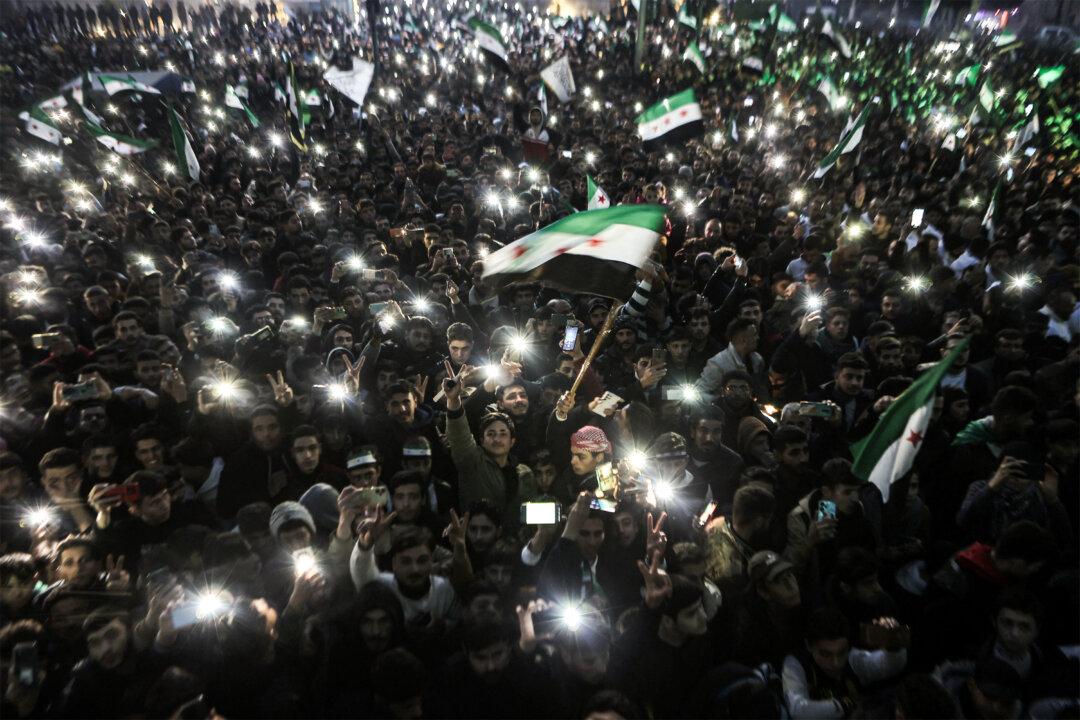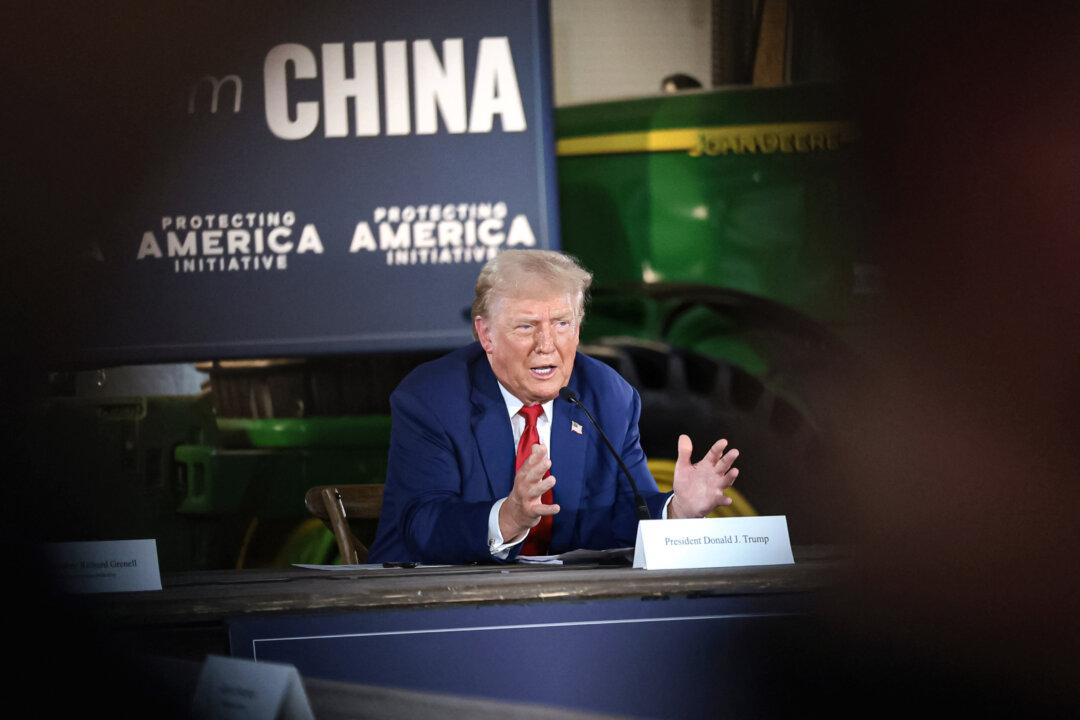Commentary
For decades, the relationship between Taiwan and China has been a touchy subject that many world leaders, including Taiwan’s own presidents, have preferred to sidestep. However, this is not the case for the island’s new president, who decided to address the elephant in the room head-on.
